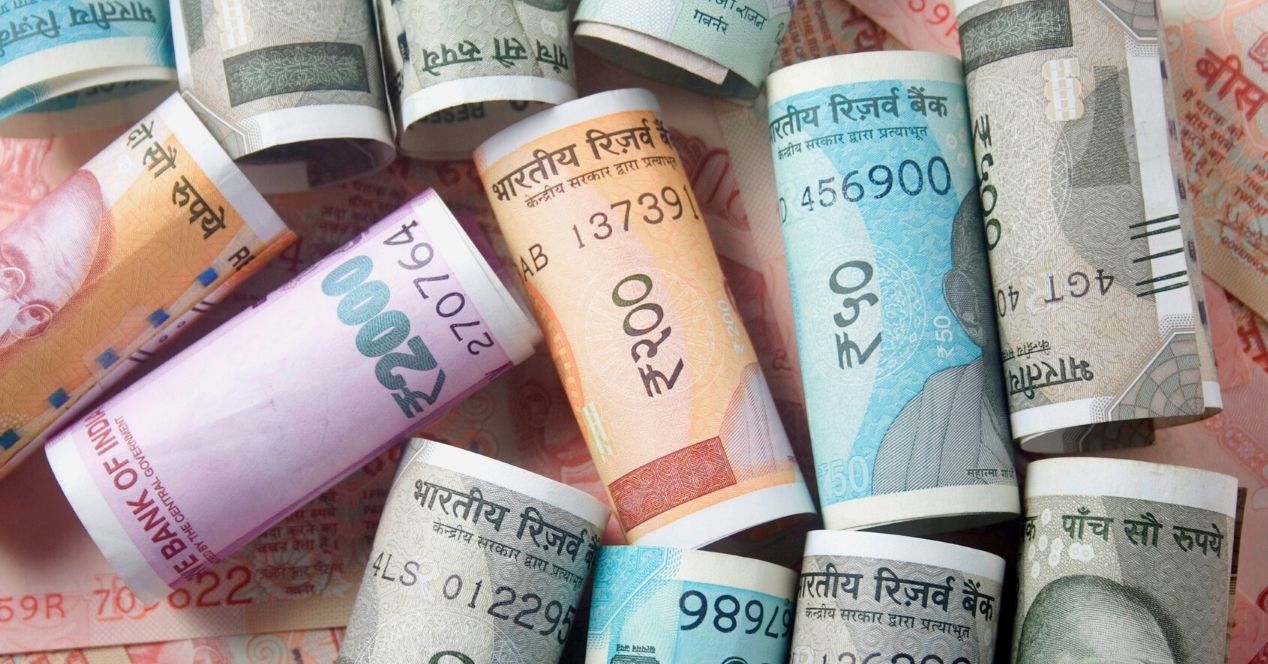Analysis
Can’t seek the effect of a review petition in an appeal: Solicitor General cautions against abuse of process in PMLA Review
Senior Advocate Kapil Sibal asserts PMLA decision is unconstitutional. Bench to hear the case in November

Today, a special bench of the Supreme Court comprising Justices S.K. Kaul, Sanjiv Khanna and Bela Trivedi heard the petitions seeking a review of the Court’s decision in the challenge to the Prevention of the Money Laundering Act (PMLA) in Vijay Madanlal Choudhary v Union of India (2022) to a larger bench. The Court directed parties that it will hear substantial arguments on the reference on 22 November 2023.
In Vijay Madanlal, a three-judge bench led by Justice A.M. Khanwalkar upheld the wide investigative powers of the Directorate of Enforcement (ED) and the restrictive bail conditions under the PMLA, 2002. A review petition was filed against this judgement which remains pending at the SC.
In the hearing today, Senior Advocate Kapil Sibal appearing for the petitioners, informed the bench that this case was separate from the review petition. Today, a group of petitioners were approaching the Court appealing against the Judgement in Vijay Madanlal. Solicitor General Tushar Mehta vehemently asserted while a review was pending, this approach of filing “an appeal over another coordinate bench” was an “abuse of process of law”.
Mehta: Court cannot set aside “academic procedure”
Mehta opened the day’s arguments and asserted that the petitioners were circumventing due process by using the appeal function to effectively seek a review of Vijay Madanlal. “Can this bench sit in appeal over another coordinate bench?” he remarked in protest. Allowing the petitioner’s case would lead to a situation where anybody unhappy with a decision of the Court, could approach the Court to reconsider it before a different bench.
Justice Kaul responded that the Court retained the power to hear any person that appeared before it and make a decision. He repeatedly reassured the Solicitor General that no decision had been made yet, but the Court could, by all means, look into whether a reconsideration was necessary.
Justice Khanna added that if a party approaches the Court saying a decision in a particular case was wrong, they could examine this claim. Mehta insisted that this was only permissible in a review petition—not in a criminal appeal. Justice Khanna stated that the Court’s power of judicial review is large and they could examine the rightness of a decision like they did in the arbitration case.
Mehta cautioned that this was not “academic practice.” Justice Kaul responded that he was “alert” to this deviation from standard procedure, but not “alarmed”. “The proposition that it (a decision) cannot be revisited is hard for us to accept,” he said.
Mehta: PMLA is not a stand-alone legislation
Next, the Solicitor General argued that PMLA was enacted by the legislature to give effect to international guidelines set by the Financial Action Task Force (FATF), a global money laundering and terrorist financing watchdog. India, being a member of the FATF, is bound by its guidelines in the form of the PMLA. Further, he explained that a periodic evaluation by the FATF impacted India’s international credit score and financial aid endeavours. An assessment was upcoming next month and therefore, he urged the bench to wait till the evaluation was over to hear the case. “This is a matter of national interest, My Lord,” he pleaded. Interestingly, the Solicitor General had made the same argument in the challenge to the extension of the tenures of CBI and ED directors. He had argued that ED Director Sanjay Mishra’s tenure, (which had already been unlawfully extended by 1.5 months,) must be continued, in light of the upcoming FATF review.
Unconvinced, Justice Kaul responded with a simple “Sorry, No!” He suggested that every case was of “national interest” to the Court.
At this juncture, Justice Trivedi asked the parties to clarify which matter the Court had to hear as there were so many applications in the case. Currently, the case has 82 connected cases tagged to it. Sibal clarified the lead case in this batch of petitions was Govind Singh v Union of India.
Sibal: The Court’s decision upholding the wide powers of the ED under the PMLA is unconstitutional
The bench asked Sibal to summarise the specific points of law the petitioners sought to be reconsidered. They made it clear that the court would not do a “general reconsideration” of Vijay Madanlal, nor would they get into individual cases seeking bail under PMLA.
Sibal summarised their key contentions against the judgement as follows:
- That it permitted that investigation under the Act to be conducted without an inquiry.
- That it allowed the non-disclosure of the reasons of summons by the ED under the PMLA, under Section 41A or as a witness under Section 160. This impacts bail applications and many other related aspects.
- That it upheld the ED’s power to arrest a person without an Enforcement Case Information Report (ECIR). This leaves the accused unawares of the crime that they are being arrested for.
- That it upheld the entirety of Section 3 of PMLA, which casts too wide a net. The provision states that anyone who is connected in any activity related to the proceeds of the crime, and its laundering is guilty of money laundering.
- That it upheld the onerous twin bail condition imposed by PMLA, which is impossible to achieve, particularly when a person does not know what they are being arrested for.
Sibal also pointed out that in the judgement, the bench held that the PMLA was not a “penal legislation”, rather, it was a “regulatory statute”. This he claimed was unacceptable as the Act stipulates punishment and imprisonment for 10 years in certain instances. Justice Khanna stated that the judgement actually made a distinction between the two functions.
Justice Kaul then posed a few questions to Sibal. First, he asked if the petitioner’s main contention was that all the above issues were dealt with by the previous bench but their view was incorrect. Sibal responded that the previous bench did not address all issues but agreed that they were asking for a reconsideration.
Justice Kaul then asked if the petitioner claimed that the PMLA was inconsistent with international guidelines. Sibal responded that it was against constitutional values. Upon being nudged by the bench, he declared that the PMLA was far too restrictive compared to other countries and international guidelines.
Mehta repeatedly interrupted Sibal’s submissions, prompting Justice Kaul to remark “I have never seen you this boiled.” Mehta stated that Section 3 was not even in question in the decision. When Mehta interrupted again, Justice Kaul remarked “I do not like your running commentary.”
The bench directed that the petitioners pick three cases and two counsels to argue why the case needs to be reconsidered and why it needs to be referred to a new bench. He also told them they had to reason why the Court had to overturn the review petition. Before rising, the bench urged the parties to go about the proceedings in a proper manner.
The Union and the petitioners will address the bench for half a day each on 22 November 2023.




